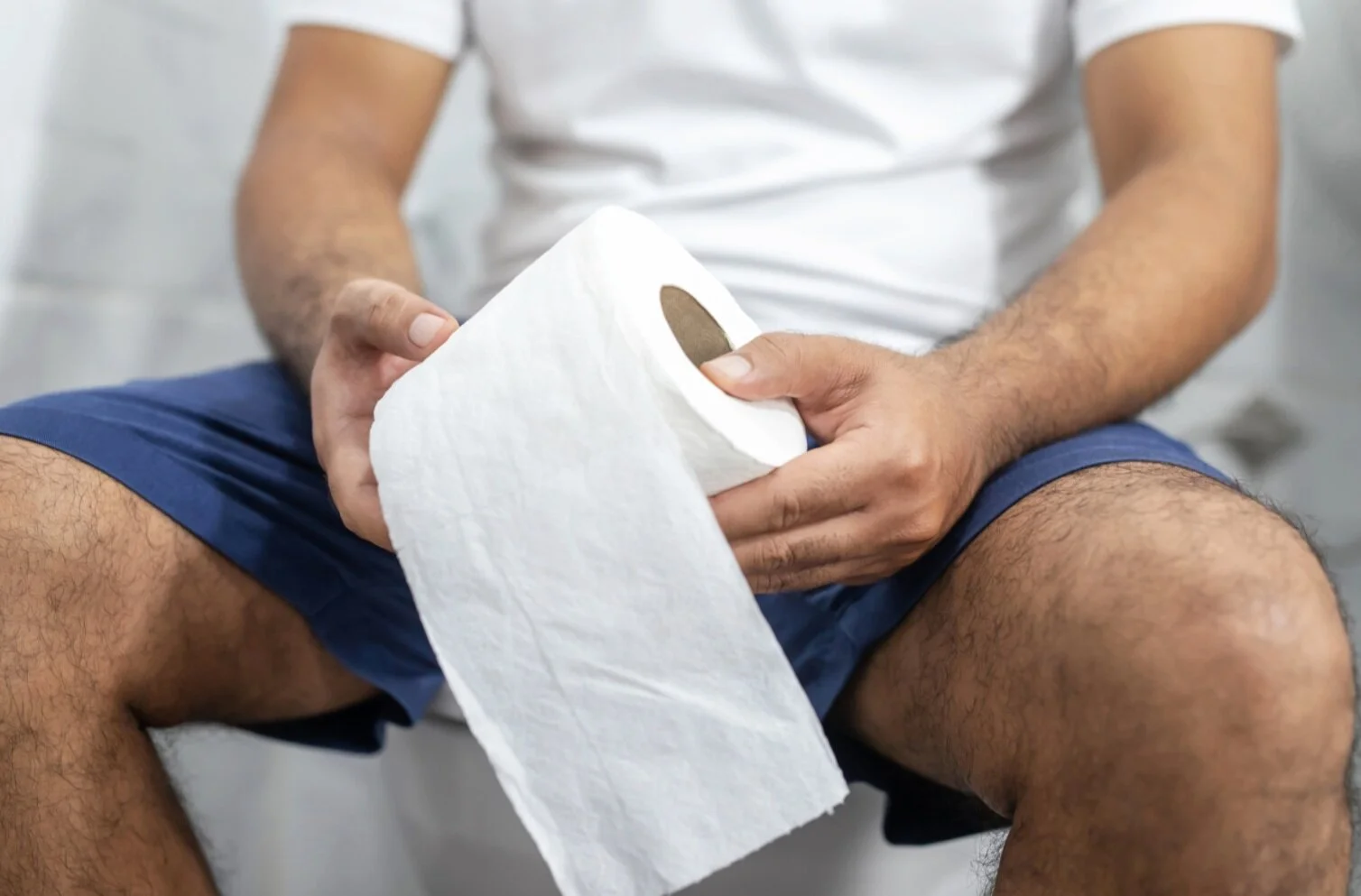You may have heard the term diverticulitis, but there is a good chance you don’t know exactly what it is or what the symptoms of diverticulitis are. Read on to find out more about the signs of diverticulosis and how to determine whether or not you have it.
What is Diverticulitis
Diverticulitis is a fairly common condition where a person’s stool becomes hard, making it difficult for it to travel through the colon. This creates bulges and pockets within the colon that could become infected.
When the colon muscles have to work harder to push stool through, they create these pouches (called diverticula), and they often remain asymptomatic. However, if this continues untreated, the condition can worsen and even become serious.
The Signs of Diverticulitis
Diverticulitis can be caused by multiple kinds of factors that leave behind various warning signs to tip you off. Below are six of these signs that you might have diverticulitis:
Abdomen Pain
One sign of diverticulitis is frequent pain or tenderness in the abdomen. Your symptoms may include bloating, cramping, and gas. Sometimes the pain gets worse when you cough.
Frequent Diarrhea or Constipation
Although it is customary to have either constipation or diarrhea occasionally, it may be an indication of diverticulitis if you have it chronically. Typically, if it lasts more than four weeks, that is a sign of something seriously wrong.
Blood in Your Stool
If, after a bowel movement, your stool appears to be reddish or black, contact your colorectal doctor for guidance. A small amount of blood in your stool is not a cause for panic, but a lot could mean something is wrong.
Nausea or Vomiting Along with Pain
If you experience persistent nausea or vomiting along with abdominal pain, it may be a sign of diverticulitis.
Unexplained Weight Loss
If you aren’t actively dieting or eating less and you are losing weight, this too may indicate a serious issue like diverticulitis. If you have abdominal pain and vomiting, these too can lead to unexpected weight loss.
Chills and Fever Without Being Sick
If you know you do not have the flu or some other illness and suffer from chills and fever, it could be due to a diverticulitis-related infection. This sign is serious, and you should seek medical attention immediately.
There are various ways to treat diverticulitis, depending on the severity of your case. Typical treatment recommendations usually consist of antibiotics, rest, and a change of diet. Rare cases may need surgery. If you have any or all of these signs of diverticulosis, contact your colorectal specialist today to get tested.

